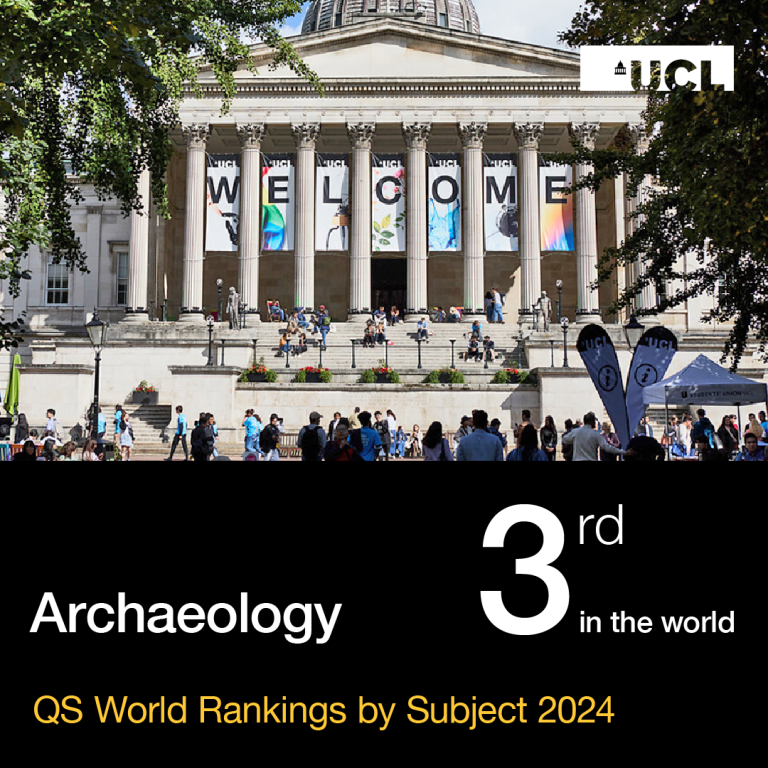This module follows on from the introductory module, Forensic Anthropology, offering a more in-depth and theoretical approach to the advanced concepts within the forensic anthropological framework.
This module specifically delves deep into issues of forensic taphonomy, human decomposition, and experimental forensic anthropological studies. Major themes include: evidentiary standards, protocols and procedures in forensic archaeology, taphonomic processes (death to fossilisation), dynamics of intrinsic and extrinsic variables in decomposition of the human body, and understanding the burial environment. Throughout, we will take a critical and scientific approach, emphasising the role of the forensic anthropologist within the criminal justice system.
Aims and Objectives
- To provide an advanced and in-depth training in Forensic Anthropology
- To introduce students to the current research within Forensic Anthropology and the upcoming paradigm shift occurring across the forensic sciences.
- To develop the critical faculties required to assess the state of current research
- To engage students with the difference forms of material evidence that is under the purview of Forensic Anthropology and to critically discuss their evidentiary potential in a court of law
- To examine the role (and potential) of the Forensic Anthropologist within the criminal justice system
- To prepare students to undertake original research on various Forensic Anthropological topics.
Learning Outcomes
Upon successful completion of the module students should be able to:
- demonstrate a good knowledge and understanding of major concepts and controversies within Forensic Anthropology
- critically analyse and present complex arguments and theories about aspects of the subject orally and in writing
- show a critical awareness of the complexities and issues within implementing Forensic Anthropological approaches in the criminal justice system
- compare and analyse scientific forensic anthropological data across various contexts and through temporal boundaries
Teaching methods
This module is taught through 2-hour weekly lectures and 2-hour weekly practicals. Students will be provided with a reading list for each week, following directly on from the topics discussed in class. Each lecture will introduce a new concept; these will be furthered in the practical lessons, which focus on a hands-on, practical approach to learning. After the primary teaching is finished for the course, the students will attend a 1-day field school aiming to teach them further practical skills, specifically forensic excavation procedures.
Module information
- Code: ARCL0181
- Credits: 15
- Coordinator: Lucy Sibun
- Prerequisite: Students need to have taken Forensic Anthropology (ARCL0119).
- Handbook: open»
For registered students
- Moodle page: open»
- Reading list:
Availability
- Running in 2023-24
 Close
Close


